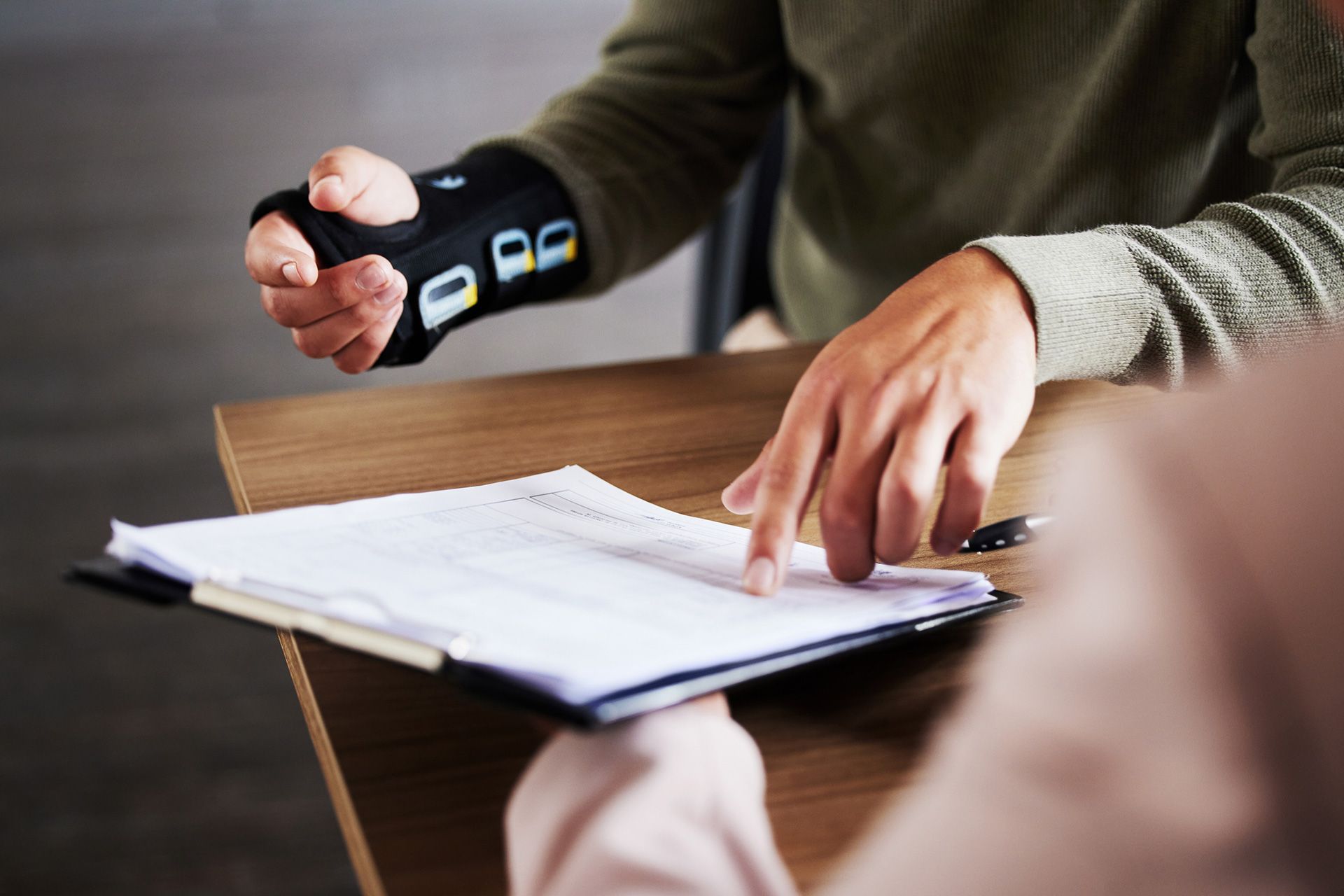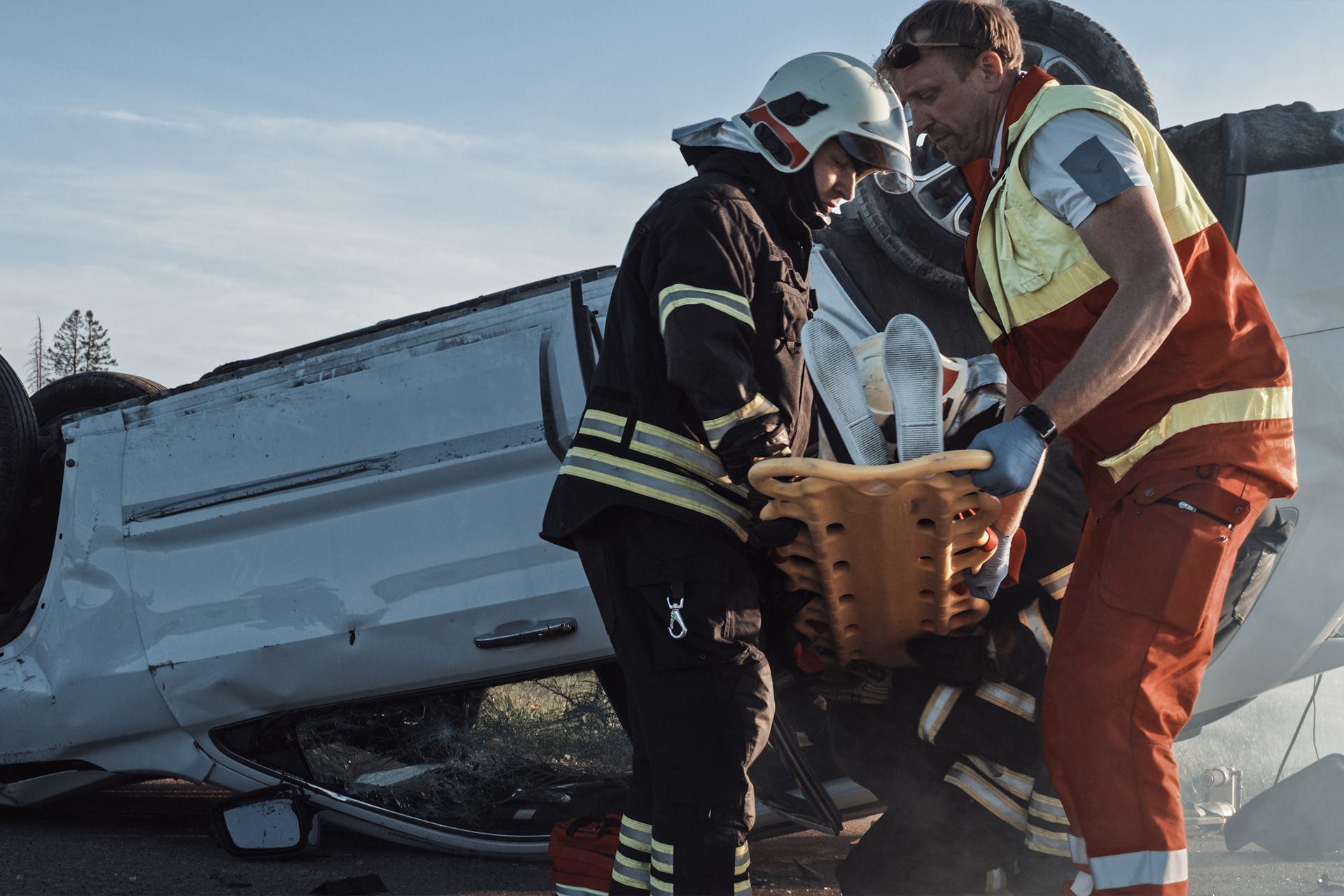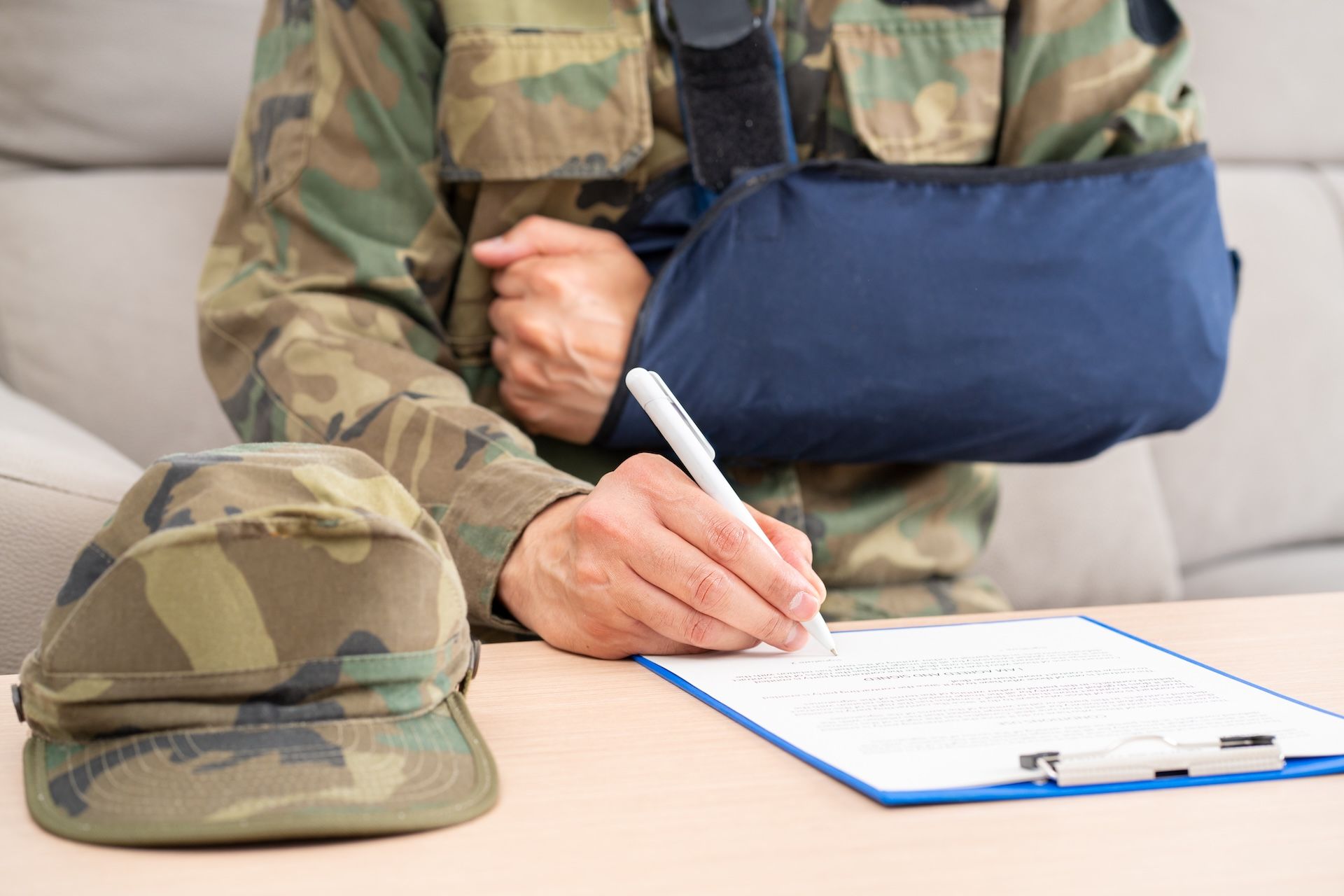John B. and Diane Compani, indiv. and as p/n/g of John P. Compani v. State of New York

Case Name
John B. and Diane Compani, indiv. and as p/n/g of John P. Compani v. State of New York
Type of Injury
SUPRACONDYLAR FRACTURE OF THE ELBOW WITH DEFORMITY
Location
Binghamton, NY
Verdict
$241,000 for John P. Compani; $6,735 for John B. Compani and Diane Compani.
Verdict Amount
$247,735.00
Case Details
VIII/42-22 FOUR-YEAR-OLD INFANT INJURED ON PLAYGROUND EQUIPMENT — DAMAGES TRIAL — SUPRACONDYLAR FRACTURE OF THE ELBOW WITH DEFORMITY
John B. and Diane Compani, indiv. and as p/n/g of John P. Compani v. State of New York Claim No. 70958 15-Page Decision Filed 3/26/91 Judge Israel Margolis, Court of Claims, Binghamton
DECISION: $241,000 for John P. Compani; $6,735 for John B. Compani and Diane Compani. Breakdown: $22,000 for past pain and suffering; $175, 000 for future pain and suffering; $14,000 for future economic loss; $30, 000 for loss of household services. Clmt.’s parents were awarded $2,235 for past medical expenses and $4,500 for loss of Clmt.’s services until he reaches majority.
Clmt. Atty: Paul H. Wein of Wein & Soronen, Guilderland
Deft. Atty: John E. McComb, Asst. Atty. General
Facts: Clmt., age 4 at the time, was injured when he fell from a ladder on a piece of playground equipment at Northhampton Beach State Park on 5/27/84. In an earlier decision, Judge Margolis ruled that the Deft. was negligent and that Clmts. had not in any way contributed to their son’s injuries.
Injuries: displaced supracondylar fracture of the left elbow with closed reduction. Clmt. has had difficulty coping with the disability of his left arm in that he cannot do certain things, such as climbing trees or swimming, and this often causes embarrassment and ridicule from other children. Clmt.’s left elbow is obviously deformed and the Court noted that when Clmt. was on the stand, he became suddenly aware of Judge Margolis looking at his elbow, and attempted to position his arm to make it less noticeable.
Medical experts for both Deft. and Clmts. agreed that Clmt. suffered an enlargement of the growth plate as a result of the accident. The Court also found that Clmt. has a high chance of bursitis or arthritis in his adult years. Clmt.’s expert testified that Clmt. will have difficulties performing tasks that require pushing, pulling, or overhead work that requires the full extension of his arms.
Clmt. also sought damages for future lost earnings. The Court noted that in order to do so, he must offer evidence that gives a less speculative picture of what those damages might be. Decision at p. 5, citing Alferdoff v. Casagrande, 122 A.D.2d 183, 184-185; Wanamaker v. Pietraszek, 107 A.D.2d 1020, 1021-22. Clmt.’s vocational rehabilitation expert testified that tests he administered to Clmt. indicated that he would not be able to work in a field that would require medium to heavy lifting of weights of 25 lbs. and over, that Clmt. would probably not attend college, and that he would therefore be earning approximately 13. 239% less at any job he might take in the future. Clmt.’s economist testified that he based the amount for future loss of earnings on the figures provided by Clmt.’s rehabilitation expert and computed his figures according to the income of those in Clmt.’s area with a similar background .
Deft.’s vocational expert testified that the tests administered to Clmt. to arrive at these figures were not conclusive and presupposed that Clmt. ‘s condition would never improve. Using the same database, Deft. argued that Clmt.’s expert neglected the fact that Clmt. was an above average student, and therefore more likely to attend college, and that the figures used by Clmt. in determining the likely salary he would be earning included both sexes and that as an adult, Clmt. would not be limited to manual labor. Deft. contended that in all of its tests, Clmt. scored above average. Deft. also noted that there was no evidence provided that showed that Clmt. would have to engage in a job that would require lifting of any type. The
Court agreed with Deft.’s argument and refused to award future lost earnings as Clmt. failed to show within reasonable parameters, what those damages, if any, would be. Decision at p. 8. The Court noted that Clmt. would not logically seek out a job in an area that would require a certain amount of heavy lifting, primarily because he knew it would be impossible for him to perform well in the job. Judge Margolis noted that Clmt. might be more likely to attend college and seek out the education that would permit him to earn more money with less physically demanding labor. Decision at p. 10.
The Court ruled that Clmt.’s parents were entitled to awards for medical expenses made necessary as a result of Clmt.’s injuries, but could not recover for future medical expenses as they were to be awarded solely to the infant Clmt. Decision at p. 12, citing Cuming v. Brooklyn City R.R. Co., 109 N.Y. 95; Clark v. Eighth Avenue R.R. Co., 238 N.Y. 246; Beyer v. Murray, 33 A.D.2d 246. The Court awarded Clmt. $30,000 for future home assistance. He also awarded Clmt.’s parents $6,735 in medical expenses and loss of services until he reaches majority, and legal fees. Decision at p. 14. Clmt. Experts: Dr. Thomas Eagan, orth. surg., Gloversville; Edmond Provder, vocational rehabilitation expert, Manhattan; Dr. Thomas Kershner, economist, Schenectady. Deft. Expert: Dr. Kenneth Reagles, vocational rehabilitation expert, Syracuse. Contact OAS vocational experts today for further guidance.
Disclaimer: The information on this website and blog is for general informational purposes only and is not professional advice. We make no guarantees of accuracy or completeness. We disclaim all liability for errors, omissions, or reliance on this content. Always consult a qualified professional for specific guidance.








